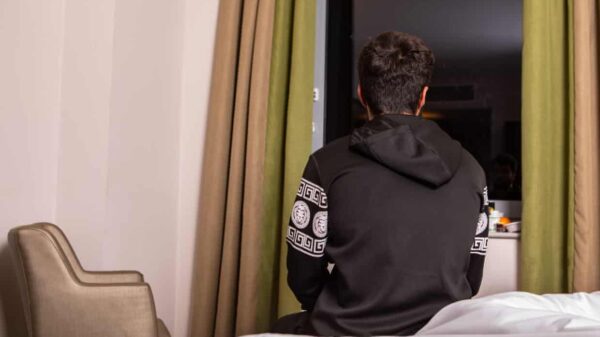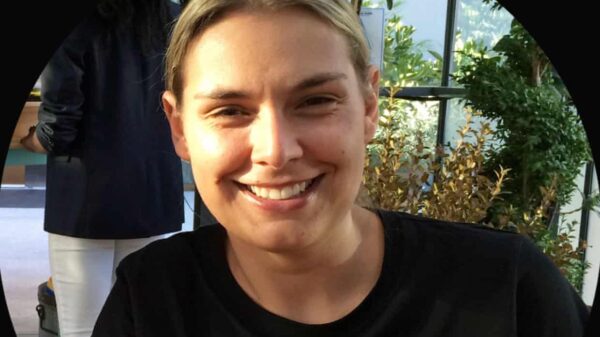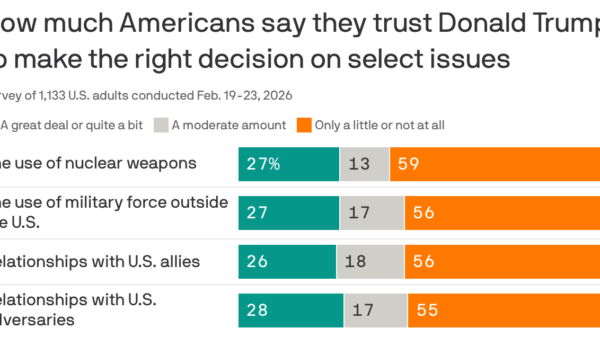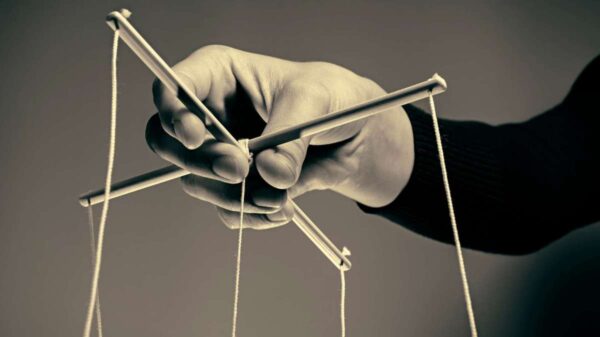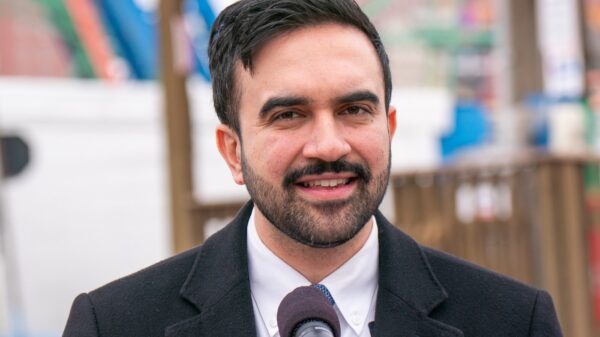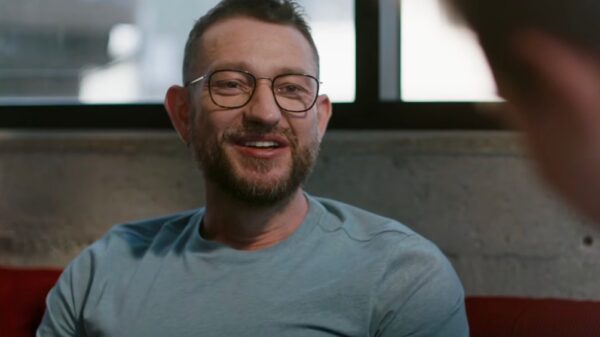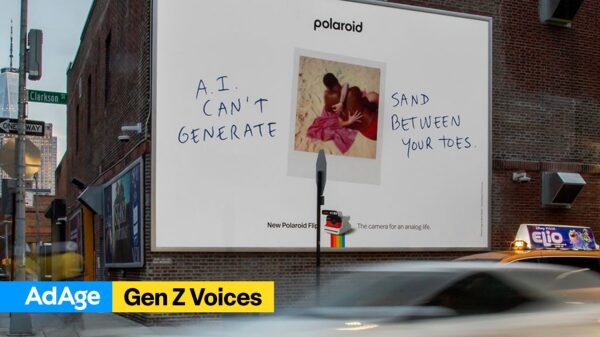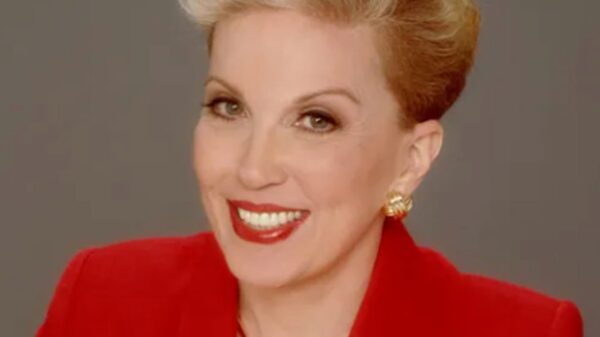Olivia Munn, the acclaimed actress known for her roles in “X-Men: Apocalypse” and “The Newsroom,” recently shared her personal struggle with a condition that remains largely unrecognized by the public: trichotillomania. This revelation came during her appearance on the “Armchair Expert” podcast hosted by Dax Shepard and Monica Padman.
Trichotillomania, as defined by the Mayo Clinic, is a mental health disorder characterized by the frequent and irresistible urge to pull out hair from various parts of the body, including the scalp and eyebrows. Munn described her experience with the condition, saying, “It could be hair at the top of your head, because there’s a sensation. It’s probably not even real, but I’ll feel like, oh, this eyelash feels like it’s gonna come out.” She further explained the mixed emotions involved, noting, “And then when you pull it, there is a quick second of pain. And then there’s a satisfaction and an immediate regret.”
The Onset of Trichotillomania
According to Munn, her struggle with trichotillomania began during a particularly stressful period in her life. While dating actor Chris Pine between 2009 and 2010, an incident with the paparazzi triggered the onset of the condition. The couple was photographed leaving Pine’s apartment, and the images quickly circulated online. Munn recounted, “I did the horrible thing, which was to read the comments… And they were like, ‘I think she set this up!’” She identified this moment as the starting point of her trichotillomania, stating, “That began my trichotillomania. That was the very beginning.”
Health Challenges and Advocacy
Munn’s openness about her mental health is part of a broader narrative of transparency regarding her health challenges. In recent years, she has also been candid about her battle with Luminal B cancer, a form of breast cancer diagnosed in 2024. The cancer was discovered in both breasts, leading to a double mastectomy. Munn further revealed that she underwent a hysterectomy, opting for surgery over medication that caused severe exhaustion. “It was the best decision for me because I needed to be present for my family,” she told Vogue.
Understanding Trichotillomania
Trichotillomania is often misunderstood and underreported. Experts suggest that it affects approximately 1-2% of the population, though many cases go unrecognized due to stigma and lack of awareness. Dr. John Grant, a psychiatrist specializing in impulse control disorders, explains, “Trichotillomania is a complex condition often linked to stress and anxiety. It can be incredibly isolating for those who suffer from it.”
“Trichotillomania is a complex condition often linked to stress and anxiety. It can be incredibly isolating for those who suffer from it.” – Dr. John Grant
Despite the challenges, Munn’s disclosure is a significant step toward destigmatizing the condition. By sharing her story, she brings visibility to a disorder that many suffer in silence.
Implications and Future Steps
Munn’s candidness about her health struggles highlights the importance of mental health awareness and the need for supportive environments for those dealing with similar issues. Her story encourages others to seek help and speak openly about their experiences.
As Munn continues to advocate for mental health, she sets a precedent for other public figures to discuss personal challenges openly. This transparency not only aids in personal healing but also fosters a broader understanding and acceptance of mental health conditions.
Looking ahead, Munn’s journey underscores the necessity for increased research and resources dedicated to understanding and treating conditions like trichotillomania. Her advocacy may inspire others to share their stories, contributing to a more informed and compassionate society.







